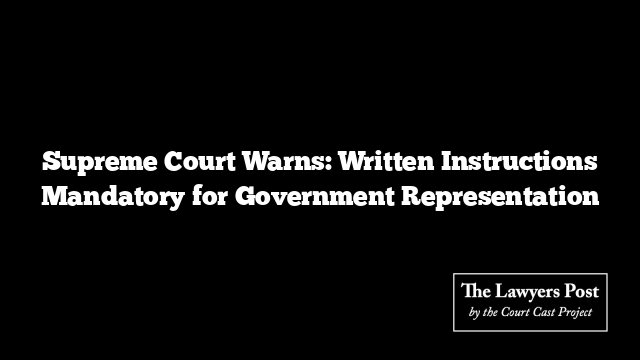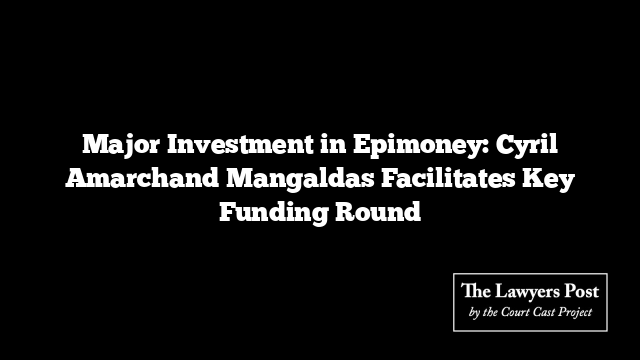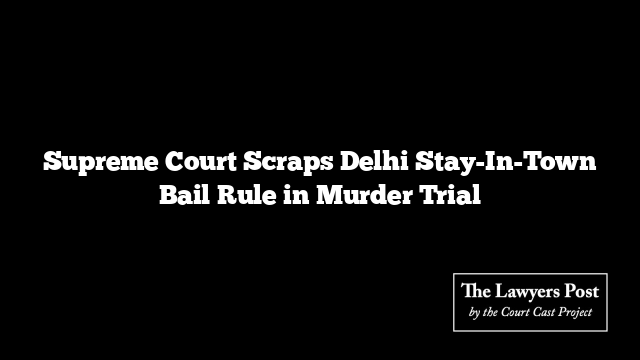In a sharp reminder to government bodies, the Supreme Court has stressed the need for accurate, written submissions in all cases to avoid misrepresentation. The bench highlighted that relying on oral instructions alone opens the door to misunderstandings that could damage both the involved parties and public trust in the judicial system.
The ruling emphasized that government officials must provide detailed written instructions to their counsel to ensure that any mistakes or inaccuracies can be properly attributed, preventing wrongful representations in court. The court warned that any attempts at misrepresentation, especially by government entities, would not go unpunished. It called for strict consequences, including financial penalties for officials who mislead the court.
The Supreme Court’s observations came during a case involving Lecturers and Principals from government-aided private colleges in Haryana. They were seeking equal pension rights with their counterparts in government institutions. Although the court dismissed the claims, it noted lapses in the way the state’s representatives had furnished instructions to the court, underscoring the need for transparency and accuracy in such matters.
The judgment reiterated that only written instructions should guide judicial decisions, allowing the court to pinpoint accountability for any missteps. This insistence on written documentation, the court asserted, is critical to safeguarding the fairness and integrity of the judicial process.





